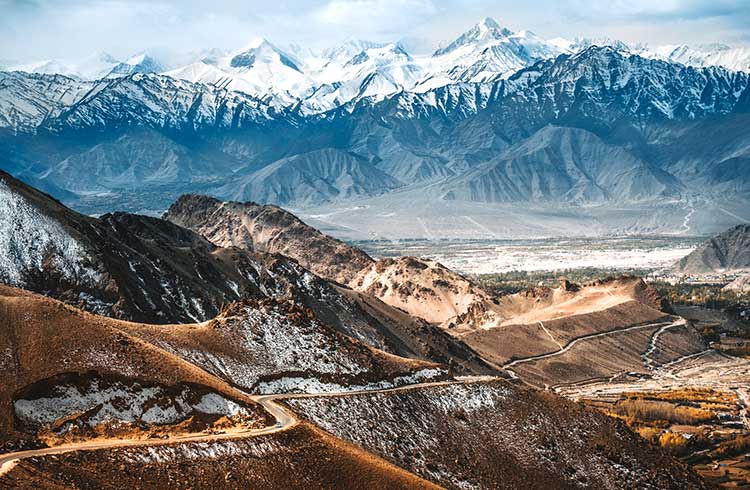What Makes a Destination too Dangerous for Travel?
What makes a place dangerous for travelers? And what should you do to stay safe if you want to travel there against the advice of your Government? World Nomads' Insurance Director, Graham Kingaby, shares his tips on how to make safe choices while traveling.
 Photo © Getty Images/Yumi mini
Photo © Getty Images/Yumi mini
Professional risk managers and insurance underwriters use a number of tools to try to assess what makes a country dangerous. To get a handle on the combination of factors involved in a person's risk, they use a security matrix, which is updated regularly – daily or hourly in the worst places.
These factors can include crime, political stability and economic stability. Specialist agencies gather this information from a mix of police and consular services, embedded agents and indeed the global news media. Organisations like the UN, EU and individual country Foreign Offices also supply detailed security information, although access to this may be limited.
Most western countries assess risks in broadly the same way, although there are some differences. An example might be a US citizen could be more at risk while working in Gaza than a French citizen, because of the diplomatic relationships between these specific countries. Although not politically correct, it is true to say that a white worker might be more at risk from kidnap or violence in the Democratic Republic of Congo.
Travel for work
Generally, people traveling to high-risk or post-conflict environments are professionals (Iraq is rarely the first choice for a leisurely holiday), and they, therefore, approach the trip with a sober mindset.
For example, if you are traveling to Gaza as part of an NGO team or working on an aid project for a UN agency, you probably have had security training before you set foot in-country. You're also probably familiar with the cultural norms to abide by if you don't want any static on the streets, or to walk into a mob beating or kidnap grab.
Apart from some notable exceptions, most western organisations are very aware of the brand damage and civil or criminal court cases that will follow should they send someone into a dangerous region without all the facts and tools that give them the best chance of coming home when the job is over.
Bearing these facts in mind, the number of claims and incidents I have seen relating to simple road traffic accidents and work-related risks in developing countries (slipping off a woodworm infested ladder or metal shards in the eye from an unguarded lathe) outnumber those claims for shootings and bombings by a considerable measure.
Tips if you're traveling to a 'dangerous' country
The best thing that you can do before you travel is research the place that you are planning to visit. This might seem normal, but you'd be surprised how many don't bother searching.
4 helpful tips
- Speak to people on the ground, if you can, via travel Facebook groups, or online travel forums
- Let your family and friends at home know where you are going, and how to get hold of you. Give them a copy of your itinerary
- Let the nearest Consulate know where you are and how to get hold of you
- Have a backup plan should things go wrong: How do I get in touch with people? Who can I call in an emergency? What other routes are there to the airport? Where's the nearest hospital?
Who can help you?
If you are traveling to a country at the more extreme end of dangerous (and five minutes of research will identify the truly bad places), you really need to take practical advice from a professional security consultant.
These people will give you all the training that you need, can hook you up with assistance at your destination, help you plan for all manner of contingencies and keep you up to date with the nuances of the local political climate. Their business is to make sure that you come home safe and sound – a dead or injured client looks very, very bad on their behalf.
Do your own homework
Make sure you know where you are going. Think in your own mind what might go wrong and how you might lessen the risk. Take any training seriously and don't trust a manager or employer to arrange security on your behalf without knowing who it is providing the security and their credentials.
Even when you have that security in place, be aware of your surroundings and keep reminding yourself that you're not in the safety of your own home country.
Simple and flexible travel insurance
You can buy at home or while traveling, and claim online from anywhere in the world. With 150+ adventure activities covered and 24/7 emergency assistance.
Get a quote
No Comments